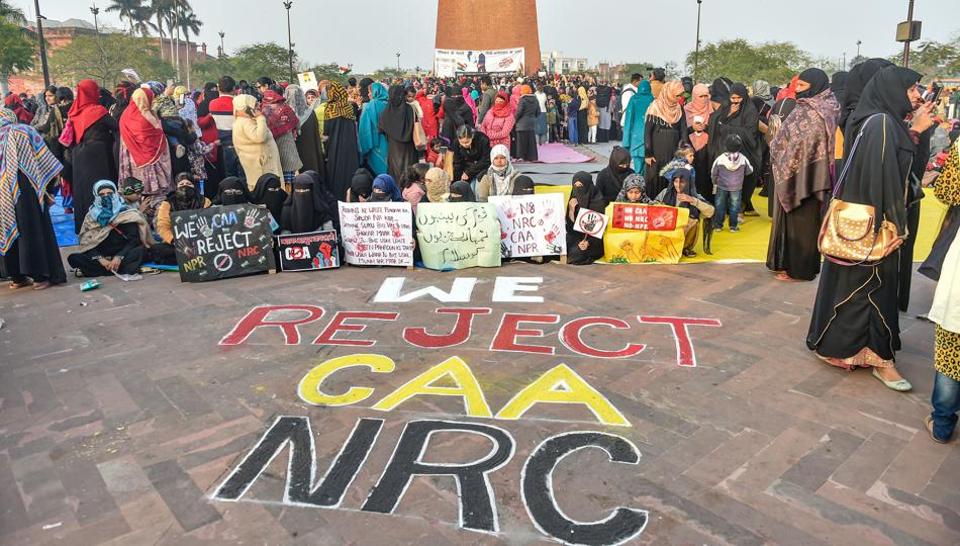prasad1
Active member
The European Union (EU) Parliament is set to debate a clutch of resolutions on various policies of the Narendra Modi government, ranging from the Citizenship (Amendment) Act (CAA) to the changes to Article 370. The Bharatiya Janata Party-led government’s ideological push has generated domestic challenges, be it in the form of sullen anger among locals in Kashmir or the protests against the CAA. But it has also generated a major international challenge, with criticism about the weakening of democracy in India.
To be sure, the EU Parliament does not reflect the will of the independent, sovereign governments that make up the Union. Additionally, the resolutions and statements by Members of the European Parliament lack any binding authority. It is also true that India’s external adversaries, and ideologically driven groups, have often pushed exaggerated propaganda. And there can be no arguing that the issues that are discussed are India’s business. But the onus rests on Delhi to allay apprehensions. It cannot play up foreign points of view when favourable (remember it invited MEPs to Kashmir), and dismiss them as irrelevant when unfavourable. India needs to restore its image as a healthy democracy, committed to pluralism. Fix the product, and the messaging.

 www.hindustantimes.com
www.hindustantimes.com
To be sure, the EU Parliament does not reflect the will of the independent, sovereign governments that make up the Union. Additionally, the resolutions and statements by Members of the European Parliament lack any binding authority. It is also true that India’s external adversaries, and ideologically driven groups, have often pushed exaggerated propaganda. And there can be no arguing that the issues that are discussed are India’s business. But the onus rests on Delhi to allay apprehensions. It cannot play up foreign points of view when favourable (remember it invited MEPs to Kashmir), and dismiss them as irrelevant when unfavourable. India needs to restore its image as a healthy democracy, committed to pluralism. Fix the product, and the messaging.

India needs to restore its image as a pluralist democracy
It cannot play up foreign points of view when favourable (remember it invited MEPs to Kashmir), and dismiss them as irrelevant when unfavourable. India needs to restore its image as a healthy democracy, committed to pluralism. Fix the product, and the messaging.


